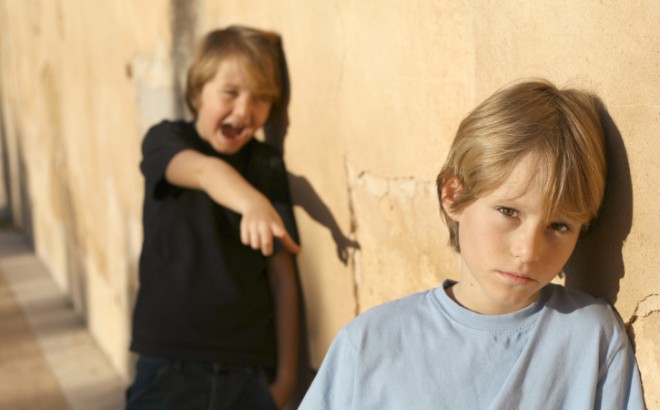Listen, don’t label … ask, don’t fear
Earlier this month, organizations across the country designated a special day for children facing mental-health issues, with awareness-focused events promoting positive mental health for children and young adults under the theme “Listen, don’t label … ask, don’t fear.”
That’s a powerful—and very needed—message. As a professional social worker, I’ve seen the need for that message over and over …
Parenting a child with mental-health issues can be challenging, demanding, and exhausting. Parenting a child you know is struggling with a mental-health issue that you have no idea how to address is heartbreaking.
At times, you are embarrassed and may place blame on yourself or others. You feel alone and isolated when struggling to meet your child and family’s needs, thinking that no one else you know has to deal with this type of thing. Socially, you play all of the scenarios in your head before deciding whether your family should participate in an event for fear of a public episode.
You feel as if your life revolves around that one household member with mental-health issues because of their behaviors or reaction to certain situations. Educationally, you do your best to advocate for your child to make sure he or she has needs met, but are not always certain of direction.
Treatment for a youth can be a daily battle, whether it’s managing medication, appointments with doctors, evaluations, school meetings or that dreaded call from the school that something happened. Regular attempts to elevate your child’s self-esteem so he or she does not feel “different” from peers is a struggle, though you realize but don’t verbalize that, in fact, the situation may need to be handled differently.
Things as simple as a dental appointment, a hair cut, or sports practice can turn into a major episode for everyone involved. How do you tell adolescent children they can’t go to overnight summer camp because they have to take medication twice a day and the camp counselors aren’t sure they can handle you? Your heart breaks every time a child says he doesn’t want extra help in school or doesn’t want to take medication anymore because he doesn’t want to be “different” from everyone else.
You realize daily that other parents judge you and your family on your child’s behavior, not realizing that he or she can’t always control actions. The children were born this way, you say, but others don’t understand—because they fear what is different. Friends, family and teachers all have suggestions on what you should or shouldn’t do to correct these issues, but they have no idea what you and your child struggle with every minute of every hour of every day.
Awareness is key. Awareness is needed. Awareness may help that child be accepted—and acceptance is key to success on that most difficult journey.
By Lauren Conzaman
Vice President of Diakon Child & Family Services
Because we review comments, they do not appear immediately. Please do not submit each comment more than once. Please review our comment policy.



Powerful essay. Know exactly what you are talking about. My daughter could have written this too. My grandson’s issues have dictated many of the family’s decisions about activities. It is a real struggle for parents, siblings, grandparents, teachers, coaches and others who want to be supportive and frequently do not know what to do.
Thank you for your comment, Gail. Please make sure your daughter knows she is not alone. While it may feel like it at times, there are other families struggling with some of the very same things. All we can do is provide as much support as possible to meet the child’s needs. Diakon has an amazing Family Based Services Program that works with children struggling with mental health issues and their families in the home environment. Please feel free to check out some of our resources at: http://www.diakon.org/family-life-services.